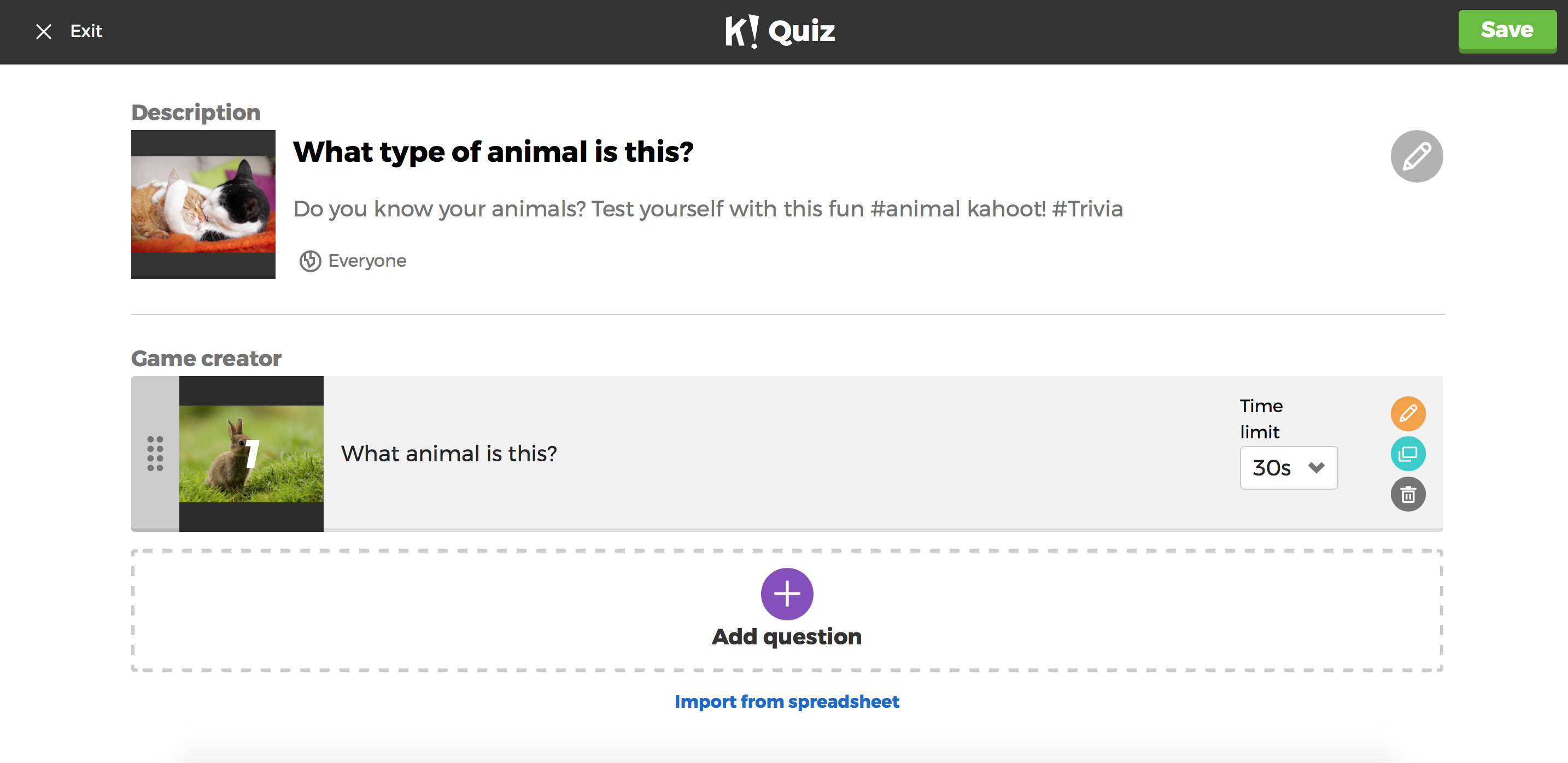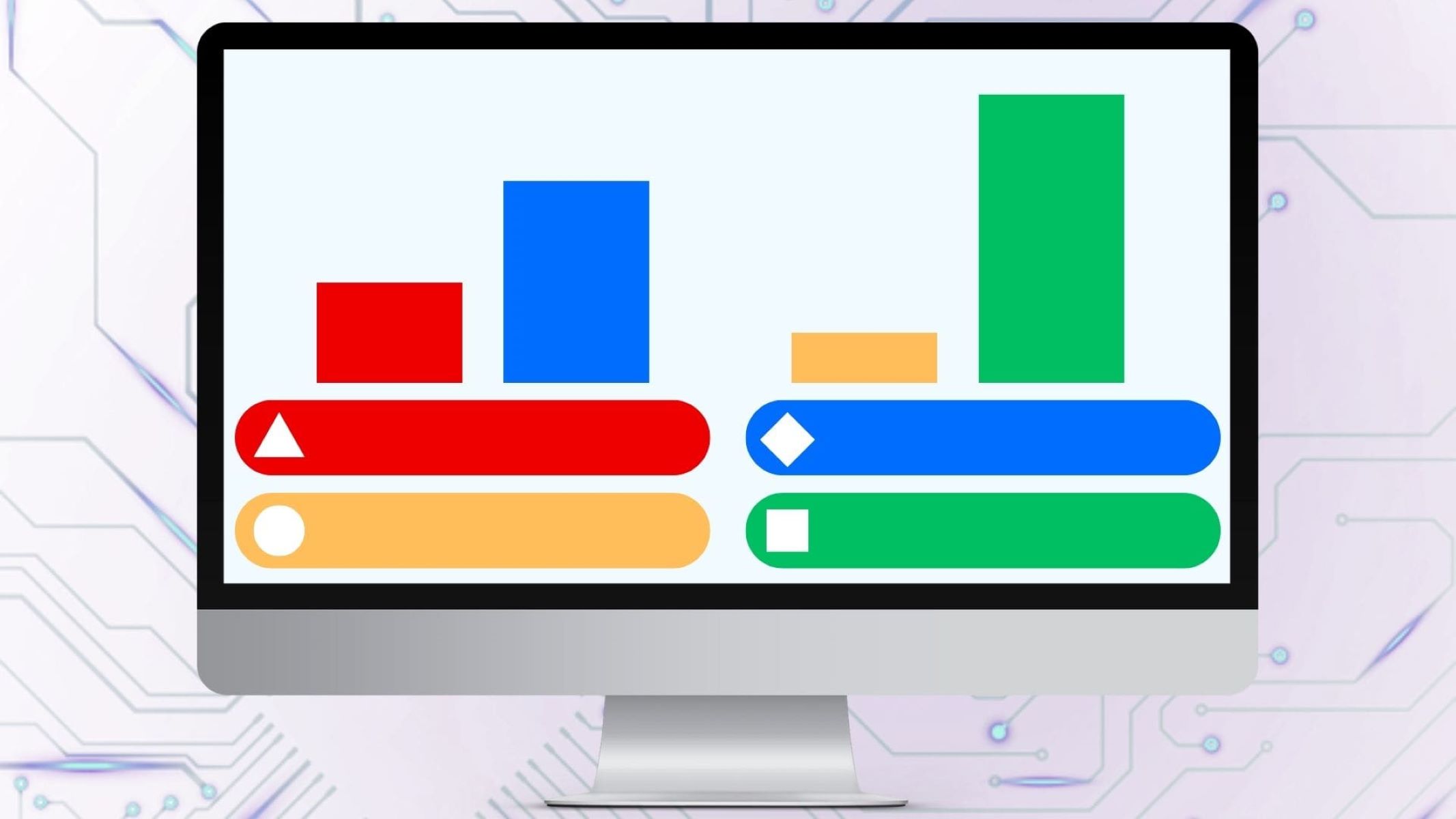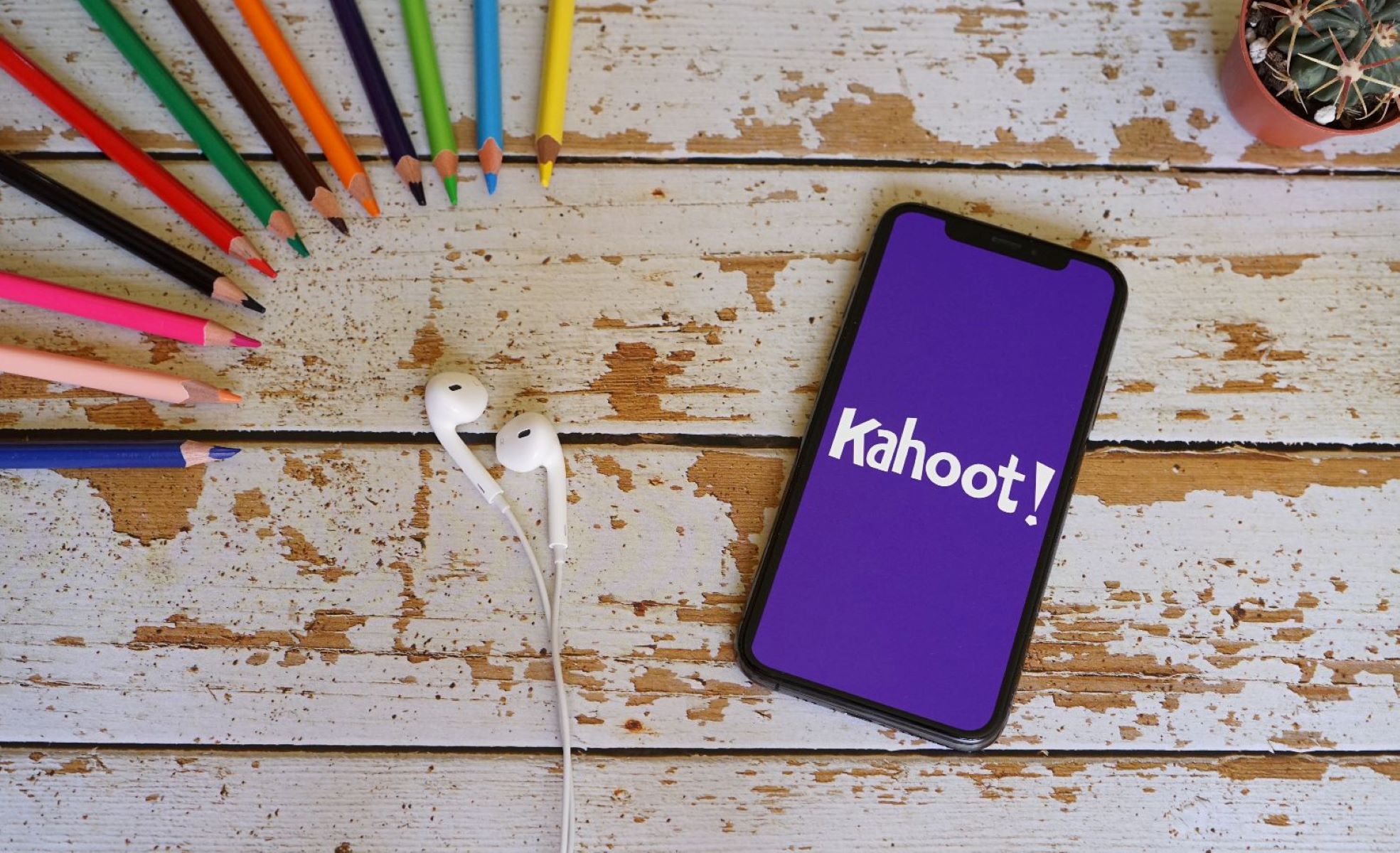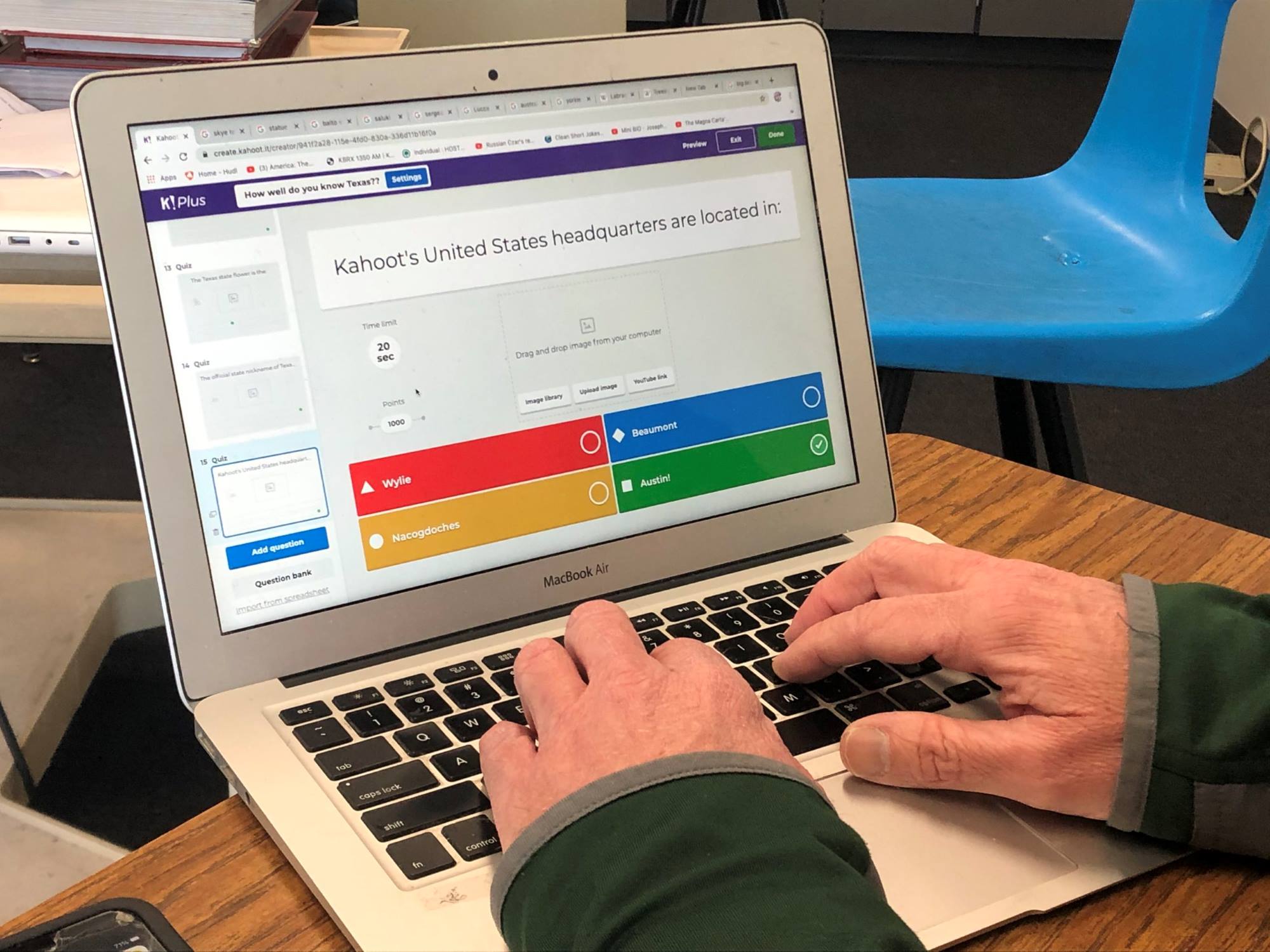Introduction
Welcome to the “What Is The Best Tablet For Me Quiz.” Are you in the market for a new tablet but overwhelmed by the myriad options available? Look no further! This quiz is designed to help you determine the best tablet that suits your specific needs and preferences. Whether you’re a casual user who enjoys browsing the web and watching videos, a student looking for a device for studying, or a professional in need of a powerful tool for work, this quiz will guide you in the right direction.
Choosing a tablet can be a daunting task, considering the wide range of features, specifications, and price points available. With a plethora of options from popular brands like Apple, Samsung, and Microsoft, it’s important to narrow down your requirements and find the tablet that ticks all the boxes. By answering a series of questions about your intended usage, budget, preferred operating system, and other key factors, this quiz will provide you with tailored recommendations to make your tablet search much easier.
Keep in mind that the best tablet for you will depend on your individual needs and priorities. Maybe you prioritize a long battery life, or perhaps you need a tablet with a large storage capacity. Whatever your preferences may be, this quiz will help you narrow down your options and find the tablet that perfectly aligns with your requirements.
Once you’ve finished the quiz and received your personalized recommendations, you’ll be well on your way to making an informed decision about which tablet to purchase. So, without further ado, let’s dive in and find out the best tablet for you!
Criteria for Choosing the Best Tablet
When it comes to choosing the best tablet for your needs, there are several key factors to consider. By evaluating these criteria, you can ensure that you make a well-informed decision that aligns with your requirements. Here are the essential criteria to keep in mind:
- Intended Usage: Consider how you plan to use the tablet. Will it be primarily for entertainment purposes, such as browsing the internet, watching videos, and playing games? Or do you need it for productivity, such as word processing, creating presentations, or graphic design? Different tablets excel in different areas, so identifying your main usage will help narrow down your options.
- Budget: Determine your budget range for the tablet. Tablets come in a wide price range, from affordable options to high-end models. Setting a budget will help you focus your search on tablets that fit within your financial constraints.
- Operating System: Choose the operating system that best suits your needs and preferences. The three main options are iOS (used by Apple devices), Android (used by various brands), and Windows (used by Microsoft devices). Each operating system has its own unique features and interface, so consider which one you are most comfortable with.
- Battery Life: If you plan to use your tablet on the go or for extended periods without charging, battery life is a crucial consideration. Look for tablets with long battery life to ensure that you won’t be constantly tethered to a power source.
- Cellular Connectivity: Determine whether you need a tablet with cellular connectivity. If you frequently need internet access outside of Wi-Fi networks, opting for a tablet with cellular capabilities will allow you to stay connected wherever you go.
- Screen Size: Consider the screen size that suits your preferences and usage. Tablets come in various sizes, from compact 7-inch models to larger 12-inch tablets. A larger screen offers a better viewing experience for multimedia, while a smaller screen may be more portable and easier to handle.
- Storage Capacity: Assess your storage needs to determine the ideal capacity. If you plan to download large apps, store numerous media files, or work with large documents, opt for a tablet with ample storage or expandable storage options.
- Stylus or Detachable Keyboard: Think about whether a tablet with a stylus or a detachable keyboard would benefit you. A stylus is ideal for note-taking, drawing, and precision tasks, while a detachable keyboard offers a laptop-like experience for typing-intensive activities.
- Camera Quality: If you prioritize photography or video conferencing, consider the camera quality of the tablet. Look for tablets with higher megapixel cameras and advanced features to ensure crisp and clear image capture.
By taking these criteria into account, you can narrow down your options and find the best tablet that suits your specific needs. Now that you’re familiar with the essential considerations, let’s move on to the next section and delve into the quiz questions that will help determine the perfect tablet for you.
Question 1: What will you mainly use the tablet for?
Understanding your primary usage for the tablet is crucial in finding the best device for your needs. The versatility of tablets allows them to cater to a variety of purposes, so it’s essential to identify your main use case. Consider the following options and select the one that best applies to you:
- Entertainment: If you primarily want a tablet for entertainment purposes, such as browsing the internet, streaming videos, playing games, and reading e-books, you’ll want a device with a vibrant display, good audio quality, and access to a wide range of apps and content.
- Productivity: For individuals who need a tablet to enhance productivity, such as working on documents, creating presentations, managing emails, and multitasking, it’s important to choose a tablet with a responsive and efficient operating system, ample processing power, and robust productivity features.
- Education: Students can benefit greatly from tablets that support e-learning, note-taking, and research. Look for tablets with compatibility for educational apps, digital textbooks, and the ability to comfortably read and annotate PDFs.
- Art and Design: If you’re an artist or designer, choosing a tablet with precise stylus input, pressure sensitivity, and support for drawing applications is key. Look for tablets that offer a seamless and intuitive creative experience.
- Travel and Portability: If you plan to use your tablet while traveling or need a portable device for on-the-go use, prioritize factors such as weight, size, and battery life. Compact, lightweight tablets with long battery life are ideal for travelers and those who need to stay connected while away from home.
Considering your primary usage will help guide you towards a tablet that best suits your needs. Keep in mind that some tablets excel in multiple categories, while others are specialized for specific purposes. With this information in mind, let’s move on to the next question and continue our quest to find the perfect tablet for you.
Question 2: What is your budget?
Establishing your budget is an important step in finding the best tablet that meets your financial considerations. Tablets come in a wide range of price points, from budget-friendly options to high-end models. Determining your budget will help you narrow down your choices and focus on tablets that fall within your price range. Consider the following budget categories and select the one that aligns with your preferences:
- Under $200: If you’re looking for an affordable tablet with basic features and functionality, this price range is suitable. Tablets in this range may have smaller screens, less storage capacity, and lower processing power.
- $200 – $500: For a mid-range budget, you can expect tablets with more advanced features, larger screens, improved performance, and better build quality. These tablets offer a balance between features and cost.
- $500 – $1000: With a higher budget, you can afford tablets with top-notch specifications, premium materials, high-resolution displays, faster processors, and additional features. Tablets in this range often come from reputable brands and offer a superior user experience.
- Above $1000: If you’re seeking the best of the best and have a generous budget, tablets in this range provide cutting-edge technology, exceptional performance, advanced features, and luxurious design. These tablets are typically targeted towards professionals or enthusiasts who demand the highest quality.
By identifying your budget range, you can easily eliminate tablets that are outside of your financial means. It’s important to note that while higher-priced tablets may offer more features and better performance, there are often excellent options available at every price point.
Remember that setting a budget ensures you make a practical and informed decision without overspending. With your budget in mind, let’s proceed to the next question and move closer to finding your ideal tablet.
Question 3: Do you have a preferred operating system?
The operating system (OS) of a tablet plays a significant role in its functionality, user experience, and available apps. It’s important to consider which operating system you prefer and are most comfortable with. Here are the three main options to choose from:
- iOS: iOS is the operating system developed by Apple and used exclusively on their range of iPads. iOS is known for its intuitive and user-friendly interface, seamless integration with other Apple devices, and extensive selection of optimized apps. If you are already in the Apple ecosystem or enjoy the simplicity and security of iOS, this may be your preferred choice.
- Android: Android is an open-source operating system used by numerous tablet manufacturers such as Samsung, Google, and Lenovo. Android offers a high level of customization, a vast array of apps available through the Google Play Store, and compatibility with various hardware configurations. If you prefer flexibility, customization options, and a wide range of device choices, Android may be the ideal operating system for you.
- Windows: Windows is the operating system developed by Microsoft and is often found on tablets like the Microsoft Surface. Windows tablets provide a similar experience to using a traditional desktop or laptop, with full compatibility with Microsoft Office, access to a wide range of desktop apps, and versatility for both work and entertainment. If you rely heavily on the Windows ecosystem, require the functionality of a desktop OS on a tablet, or prefer seamless integration with Microsoft software, Windows may be your preferred choice.
Having a preferred operating system can help narrow down your options when choosing the best tablet. However, it’s worth noting that each operating system has its own strengths and weaknesses, and there are fantastic tablets available for each option. By identifying your preferred OS, you can easily focus your search on tablets that offer the user experience and app ecosystem you desire.
Now that you’ve considered your operating system preference, it’s time to move on to the next question and continue our journey towards finding the perfect tablet for you.
Question 4: How important is the battery life?
Battery life is a crucial consideration when choosing a tablet, especially if you plan to use it for extended periods without access to a power source. Understanding your needs in terms of battery life will help you select a tablet that meets your requirements. Consider the following options:
- Long Battery Life: If you need a tablet that can last a full day or even longer with moderate to heavy usage, opting for a device with long battery life is essential. This is especially important if you frequently travel, work remotely, or enjoy extended multimedia sessions without interruption.
- Standard Battery Life: If you primarily use your tablet for shorter periods or have easy access to outlets, a standard battery life will suffice. Most tablets today offer a minimum of 8-10 hours of battery life, which is suitable for everyday usage.
- Quick Charging: If you prefer a tablet that can recharge quickly, allowing you to use it again after a short charging period, focus on tablets that support fast charging technologies. These devices can go from zero to a significant battery level in a matter of minutes, making them convenient for those on the go.
- Replaceable Battery: For those who prioritize flexibility and longevity, considering a tablet with a replaceable battery can be advantageous. This allows you to easily replace the battery if it starts to lose its capacity over time, extending the overall lifespan of the tablet.
By identifying your battery life needs, you can select a tablet that aligns with your usage patterns and provides the desired level of convenience. It’s important to note that battery life can vary based on usage, screen brightness, and other factors, so consider your requirements accordingly.
Now that you’ve evaluated the importance of battery life, let’s move on to the next question and continue our quest to find the perfect tablet for you.
Question 5: Do you need a tablet with cellular connectivity?
Considering whether you need a tablet with cellular connectivity is an important aspect of finding the best tablet for your needs. Cellular connectivity allows you to use your tablet to access the internet and make calls even when you’re away from Wi-Fi networks. Here are some factors to consider when deciding:
- Internet Access Anywhere: If you require constant internet access, whether for work, travel, or simply staying connected on the go, a tablet with cellular connectivity is a great option. With a cellular-enabled tablet, you can access the internet using mobile data networks, providing you with connectivity wherever there is cellular coverage.
- Dependence on Wi-Fi: If you primarily use your tablet in areas with easily accessible Wi-Fi networks or have a dependable personal hotspot, a cellular connection might not be necessary. Relying on Wi-Fi networks offers a cost-effective way to stay connected without the need for a separate data plan.
- Emergency Situations: Having a tablet with cellular connectivity can be especially useful in emergency situations when Wi-Fi networks may not be available. You can use your tablet for communication and accessing information when needed, ensuring that you’re not dependent solely on Wi-Fi access points.
- Cost Considerations: It’s important to factor in the additional cost of cellular connectivity when choosing a tablet. Cellular-enabled tablets often require a separate data plan, and the monthly fees can add up over time. Consider your budget and usage patterns to determine if the convenience of cellular connectivity is worth the additional expense.
Considering your need for cellular connectivity will help you select a tablet that offers the level of connectivity and convenience you require. It’s important to note that not all tablets come with cellular options, so be sure to check the specifications of the tablets you’re considering.
Now that you’ve evaluated your need for cellular connectivity, let’s move on to the next question and continue our journey towards finding the perfect tablet for you.
Question 6: What screen size is ideal for you?
Determining the ideal screen size for your tablet is a crucial consideration as it directly affects the user experience and portability. Different screen sizes offer different advantages and suit different usage scenarios. Here are some factors to consider when deciding on the screen size:
- Portability: If portability is a priority for you, a tablet with a smaller screen size, typically around 7 to 8 inches, may be the ideal option. Smaller tablets are lightweight, compact, and easy to carry around, making them suitable for on-the-go use and travel.
- Media Consumption: If you primarily use your tablet for watching videos, playing games, or viewing multimedia content, a larger screen size, typically around 10 to 12 inches, offers a more immersive viewing experience. A larger screen allows for better visibility and enhances the enjoyment of multimedia content.
- Productivity and Multitasking: If you intend to use your tablet for work, productivity tasks, or multitasking, a larger screen size provides more screen real estate for handling multiple apps and windows simultaneously. This is particularly useful for professionals who require the extra space to comfortably view and work on documents.
- Reading and Note-Taking: If reading e-books or taking notes is a primary use for your tablet, consider a screen size that strikes a balance between portability and readability. A screen size ranging from 8 to 10 inches typically offers a comfortable reading experience and sufficient space for taking notes.
Considering your preferences and primary usage scenarios will help you determine the screen size that best suits your needs. It’s worth noting that there is no one-size-fits-all choice, and the ideal screen size ultimately depends on your individual requirements and preferences.
Now that you’ve evaluated the ideal screen size for your tablet, let’s proceed to the next question and continue our quest to find the perfect tablet for you.
Question 7: How much storage capacity do you require?
Understanding your storage needs is essential when selecting a tablet that can accommodate your files, apps, and media without running out of space. Here are some factors to consider when determining the ideal storage capacity:
- Usage Patterns: Analyze your usage patterns and estimate the amount of storage you typically require. Consider the types of files you’ll store, such as photos, videos, documents, and apps. If you frequently download and store large files, opt for a tablet with ample storage capacity.
- Cloud Storage and Streaming: If you rely heavily on cloud storage services like Google Drive, Dropbox, or iCloud, or if you primarily stream media instead of downloading it, you may not need as much onboard storage. In such cases, you can save costs by selecting a tablet with lower internal storage capacity.
- Expandable Storage: Determine if having the option to expand the storage capacity is important to you. Some tablets offer a microSD card slot that allows you to add additional storage space whenever needed. This feature can be particularly useful if you anticipate your storage needs increasing over time.
- Work and Productivity: If you plan to use your tablet for work-related purposes, such as storing large files, working with graphics, or running resource-intensive apps, it’s advisable to choose a tablet with ample internal storage to ensure smooth performance and efficient workflow.
By assessing your storage requirements and considering the factors mentioned above, you can make an informed decision about the ideal storage capacity for your tablet. However, it’s important to note that tablets with larger storage capacities usually come at a higher price point. So, weighing your storage needs against your budget will help you strike the right balance.
Now that you’ve evaluated your storage capacity requirements, let’s move on to the next question and continue our journey towards finding the perfect tablet for you.
Question 8: Do you need a tablet with a stylus or a detachable keyboard?
Evaluating whether you need a tablet with a stylus or a detachable keyboard is essential, especially if you have specific work or creative requirements. Here are some factors to consider when deciding:
- Note-Taking and Drawing: If you need a tablet for note-taking or drawing, a stylus can greatly enhance your experience. Look for tablets that support a stylus or come with a dedicated pen. This feature allows for precise input, handwriting recognition, and drawing capabilities, making it ideal for students, artists, and professionals who require handwritten notes or sketches.
- Productivity and Typing: If you plan to use your tablet for productivity tasks that involve extensive typing, such as creating documents or responding to emails, a detachable keyboard can greatly enhance your efficiency. Tablets with detachable keyboards offer a laptop-like experience and allow for faster and more comfortable typing, making them suitable for professionals or students who require a more traditional keyboard setup.
- Flexibility and Customization: Consider whether the ability to switch between tablet mode and a more laptop-like setup is important to you. Tablets with both stylus support and detachable keyboards provide the flexibility to adapt to different usage scenarios and cater to various tasks, offering the best of both worlds.
- Additional Expense: Keep in mind that opting for a tablet with a stylus or a detachable keyboard may incur additional costs. So, factor in the budget and prioritize your requirements accordingly.
By considering these factors and your specific needs, you can determine whether a tablet with a stylus or a detachable keyboard is essential for your workflow or creative endeavors. It’s worth noting that not all tablets come with these features, so be sure to check the specifications before making a decision.
Now that you’ve evaluated your need for a stylus or a detachable keyboard, let’s move on to the next question and continue our quest to find the perfect tablet for you.
Question 9: How important is the camera quality?
Considering the importance of camera quality in a tablet depends on your usage and photography needs. While tablets are not primarily known for their camera capabilities like smartphones, there are situations where camera quality becomes a crucial factor. Here are some factors to consider when evaluating camera quality:
- Photography: If you plan to use your tablet for photography or capturing moments, opting for a tablet with a higher megapixel camera and advanced camera features is essential. Look for tablets with features like image stabilization, low-light performance, and manual settings to ensure better photo quality.
- Video Conferencing: If you frequently participate in video conferences, having a tablet with a decent front-facing camera is important. Look for tablets with high-resolution front cameras and good microphone quality to ensure clear video and audio during virtual meetings.
- Augmented Reality (AR) and Scanning: If you’re interested in using AR applications or need a tablet for scanning documents or objects, considering the camera quality becomes crucial. Look for tablets with advanced camera sensors that can accurately capture depth and detail for AR experiences or scanning purposes.
- Casual Photography Needs: If your photography needs are minimal or you primarily use your tablet for casual snapshots, a tablet with a decent rear camera and basic camera features will be sufficient. Opting for a tablet with camera capabilities that match your casual photography requirements can help you capture memories without compromising on quality.
It’s important to note that while tablets may not match the camera quality of dedicated digital cameras or flagship smartphones, there are tablets available with good camera performance. Considering your camera needs and how frequently you’ll be using the tablet for photography or video conferencing will help guide you towards a tablet with adequate camera quality.
Now that you’ve evaluated the importance of camera quality, let’s move on to the next section and conclude our journey towards finding the perfect tablet for you.
Conclusion
Congratulations on reaching the end of the “What Is The Best Tablet For Me Quiz!” By answering a series of questions about your usage, preferences, and needs, you have gained valuable insights that will help you make an informed decision when choosing the ideal tablet for you.
Throughout this quiz, we explored various factors to consider, such as your main usage, budget, preferred operating system, battery life, cellular connectivity, screen size, storage capacity, need for a stylus or detachable keyboard, and camera quality. Taking these aspects into account will ensure that the tablet you select aligns perfectly with your specific requirements.
Remember, finding the best tablet involves finding a balance between features, performance, and your budget. Assessing your specific needs and prioritizing the features that are most important to you will help narrow down the options and make your decision-making process more manageable.
Once you have identified the key attributes you’re looking for in a tablet, explore various brands, read reviews, and compare the specifications to find the tablet that ticks all the boxes. Whether you ultimately decide on an iPad, Android tablet, or Windows device, make sure to validate your choice with hands-on research or expert opinions.
We hope that this quiz has provided you with insightful guidance and empowered you to choose the best tablet that will enhance your productivity, entertainment, or creative endeavors. Good luck on your tablet search, and enjoy the incredible wonders that a tablet can bring to your digital lifestyle!

























